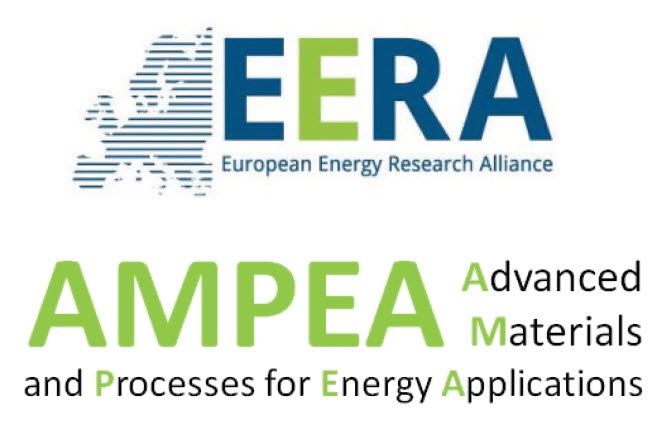The transformation to sustainable power generation to mitigate greenhouse gas effects is one of the key challenges to mankind and its implementation will impose significant societal changes. There is a strong need for new energy technology with very low greenhouse gas emissions. Membrane separation and electrochemical conversion are examples of key processes that enter into many highly efficient technologies related to clean energy. Membrane separation may, for example, be integrated into technology used for sustainable power generation and hydrogen production with CO2 capture from fossil fuels, while fuel cells and electrolysers are technologies for smaller scale energy efficient production of electricity and hydrogen. These technologies are expected to have significant impact in future energy systems and thus give large commercial opportunities to the technology vendors. The present workshop aims at addressing recent progress and current challenges on materials, cells and stack development of relevance for dense ion conducting membranes for gas separation, electrolysers and fuel cells operating at low, intermediate or high temperature.
Presentations from the workshop (pdf)
- Truls Norby, Fundamentals of materials for high temperature fuel cells, electrolysers, and gas separation membranes
- Magnus Thomassen, Material challenges for PEM fuel cells and electrolysers; Degradation mitigation and cost reduction
- Remi Costa: Supported Solid Oxide Cells: performances and limitations
- E. Rebollo: BaCe0.65Zr0.20Y0.15O3-δ doped ceria ceramic composites for hydrogen separation
- Stefan Baumann: Oxygen Transport Membrane Modules for Oxyfuel Applications developed in GREEN-CC
- Wolff-Ragnar Kiebach: Long-Term Stability of Oxygen Transport Membranes in simulated Flue Gas Environments – Lesson learned in the GREEN-CC Project
- S. Fasolin: HiPIMS deposition of dense Silver-Palladium films for hydrogen separation
- M. Marono: Development of novel Pd-alloy Membranes based on improved supports
- Anja Bieberle-Hütter: High Ion Flux Plasma Nanostructures for Electrochemical Applications
- M.N. Tsampas: Towards visible light activated porous photoanodes in conjunction with polymeric electrolyte photoelectrochemical cell with gaseous reactants
- Frederic Chandezon: Advanced ionomer membranes for PEMFC: design and studies
- Paul Inge Dahl: Supported catalyst particles for PEM fuel cells by one-step flame synthesis
- Summary
Agenda
Monday, February 6th 2017
Arrival of participants on an individual basis within the morning, hotel check-in.
|
Tuesday, February 7th 2017 |
|
|
8:30-10:45 |
EERA AMPEA steering committee for AMPEA members only
|
|
|
Workshop on "Materials for membranes in energy applications: gas separation membranes, electrolysers and fuel cells" - Open to all
|
10:45-11:15 |
Coffee and registration |
|
11:15-11:30 |
Welcome to the workshop |
|
11:30-12:30 |
First session: |
|
12:30-13:30 |
Lunch break |
|
13:30-15:00 |
Second session: High temperature electrolysers and fuel cells; Session sponsored by METALLICA project. Chair: Yngve Larring |
|
15:00-15:30 |
Coffee break |
|
15:30-17:00 |
Third session: Ceramic membranes; Session sponsored by Green CC project. Chair: Marie-Laure Fontaine |
|
17:05-17:25 |
Flash presentation for each poster with max 3 slides: 2 min |
|
17:15-18:00 |
Discussion about H2020 |
|
18:00-20:00 |
Buffet with poster session |
|
Wednesday, February 8th 2017: |
|
|
08:30-09:00 |
Coffee and welcome |
|
09:00-10:30 |
Fourth session: Metal-based membranes and electrodes. Chair: Marit Stange |
|
10:30-10:45 |
Coffee break |
|
10:45-12:15 |
Fifth session: PEM fuel cells and electrolysers. Chair: Magnus Thomassen |
|
12:30-13:30 |
Lunch and departure |


